Menu
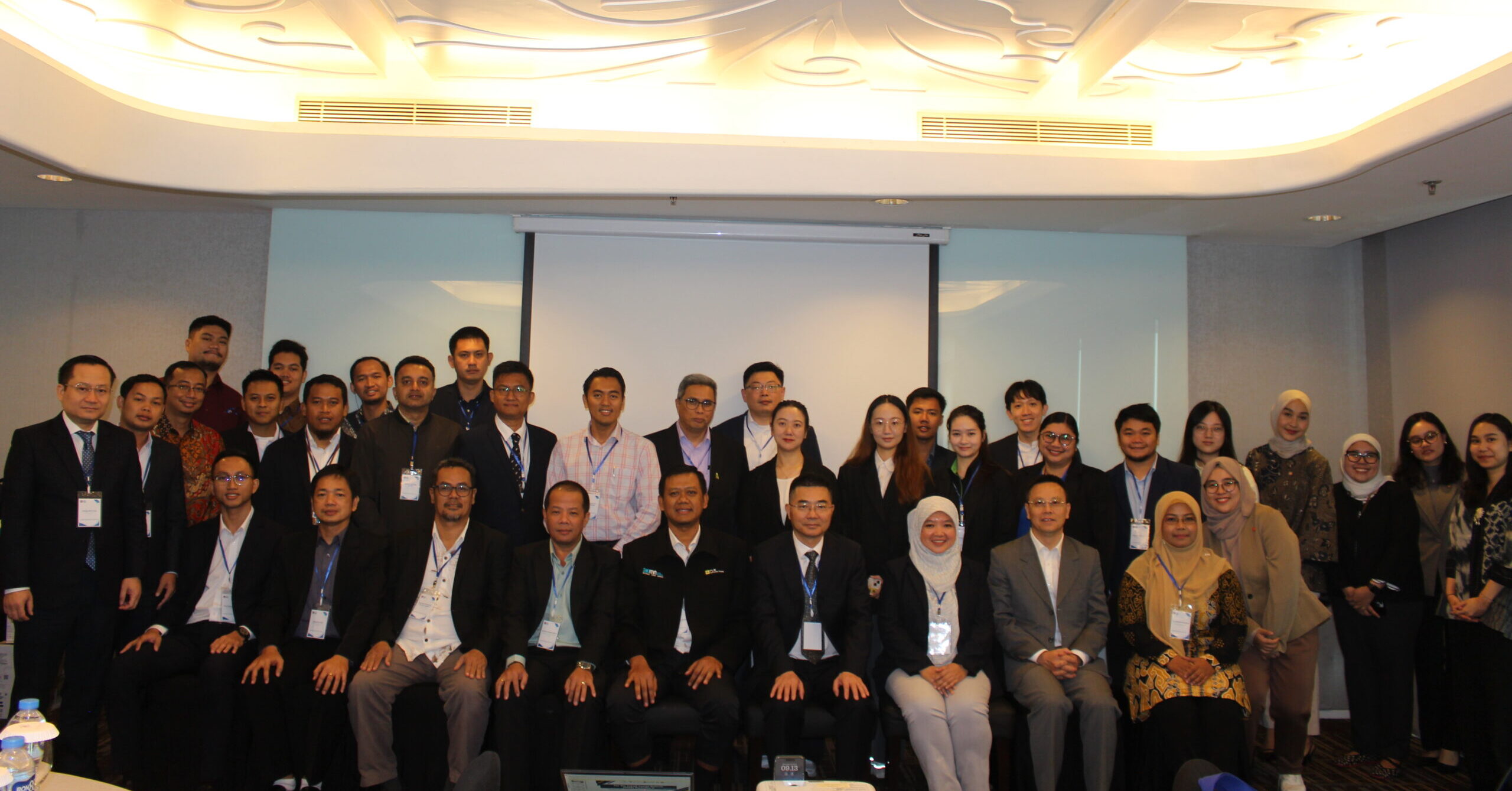
Photo 1. Participants of the Seminar on Development and Application of Renewable Energy Technology for ASEAN Countries
ASEAN Centre for Energy (ACE), in collaboration with Hangzhou Regional Center (Asia-Pacific) for Small Hydro Power (HRC), hosted the Seminar on Development and Application of Renewable Energy Technology for ASEAN Countries from 27-29 August 2024. The event was composed of several activities, including a one and half day seminar that took place in JS Luwansa Hotel, Jakarta, Indonesia and a city tour to Taman Mini Indonesia Indah on Wednesday, 28 August 2024. On Thursday, 29 August 2024, the event was concluded by a trip to Cirata Floating Solar Farm in West Java, Indonesia.
The seminar aims to share practical experience on the development and application of renewable energy technology, with a particular focus on solar pumping irrigation, solar wind seawater desalination, and floating solar systems. Through presentations, case studies, and site visits, the event aimed to provide valuable reference for both China and ASEAN Member States (AMS) in adopting renewable energy (RE) technology en route to energy transition and sustainable development. Additionally, the launching of the RE Project Awards 2023 Best Practices, which was held on the second day of the seminar, also intended to increase the adoption of new renewable energy projects in ASEAN region, which is by showcasing the winners to attract more applicants in terms of number and better quality.
The first day of the seminar was kicked off by opening remarks from several notable speakers. Wang Daohao, Economic and Commercial Counsellor, Chinese Mission to ASEAN, underscored the pragmatic cooperation between China and ASEAN in advancing energy transition. Dong Dafu, Deputy Director General of Hangzhou Regional Center (Asia-Pacific) for Small Hydro Power (HRC), highlighted how HRC has played a role in energy transition in the ASEAN region, especially through the cooperation of policies and more.

Photo 2. Wang Daohao (left) and Dong Dafu (right) delivering their opening remarks
On the other hand, Dr Zawani binti Zainuddin, Assistant Secretary at the Ministry of Energy Transition and Water Transformation (PETRA), Malaysia, delivered her opening remarks and underlined the importance of collaboration among all stakeholders. Hence, she sees this seminar as a good opportunity to share and exchange ideas.
Alhaqqurahman Isa, Deputy Director of Business Services and Supervision of Various New and Renewable Energy, Directorate General of Renewable Energy and Conservation at the Ministry of Energy and Mineral Resources (MEMR), Indonesia, also delivered a welcoming speech and noted important to maintain and strengthen collaborations among AMS to accelerate deployment of RE and energy transition.
Lastly, Beni Suryadi, Acting Executive Director of ACE, delivered his opening remarks virtually. He underlined the role of RE in providing the community with a clean alternative that is crucial to face climate change. He noted this seminar as a great opportunity to explore renewable energy in a more in-depth way by fostering knowledge exchange and collaborations between stakeholders.
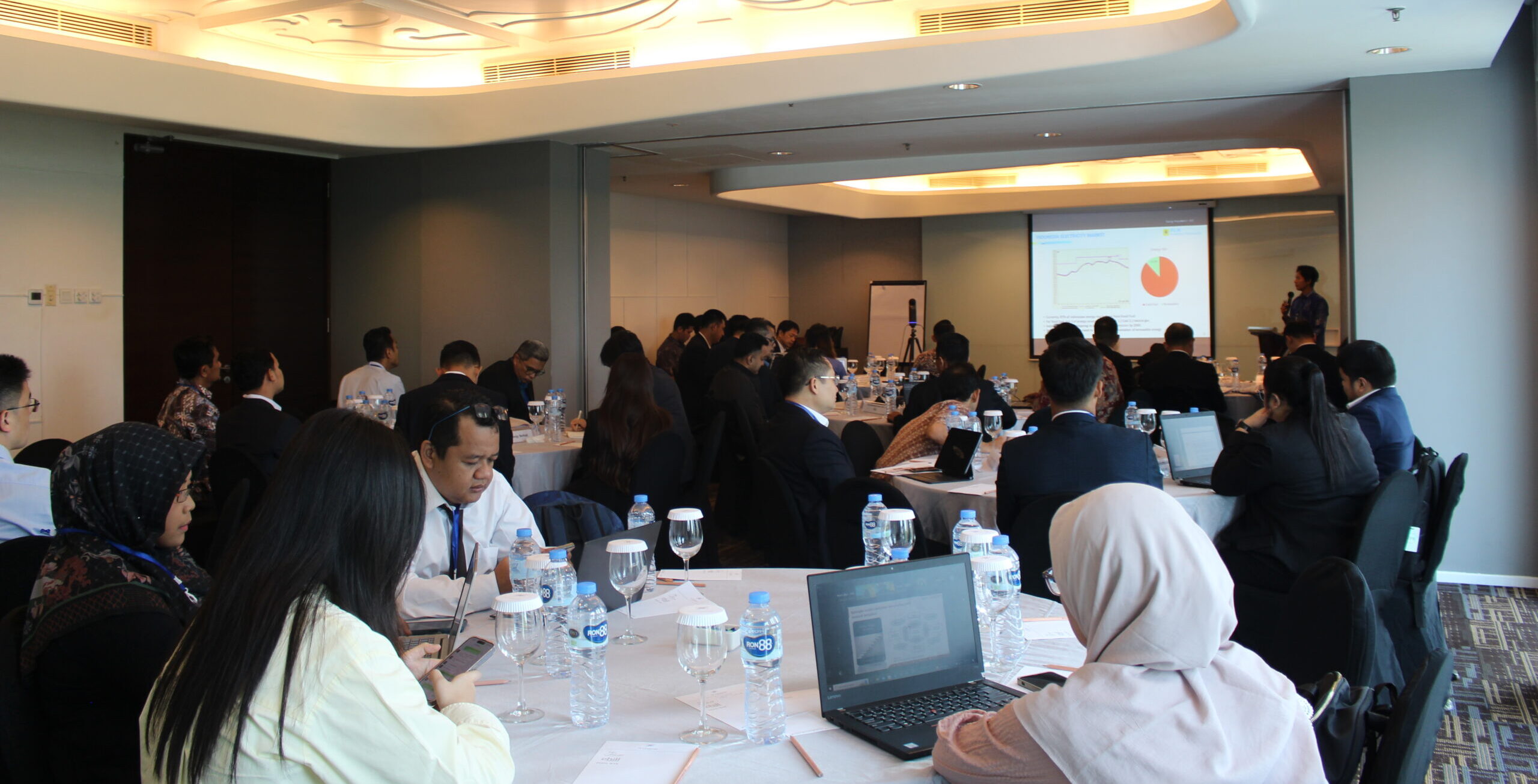
Photo 3. Day 1 of the seminar
The morning session was moderated by Zahrah Zafira, Associate Research Analyst of Sustainable and Renewable Energy (SRE) Department at ACE and provided a comprehensive overview of RE developments in China and ASEAN. Dong Dafu presented developments and key information on China’s RE sector, while Monika Medekawati, Senior Research Analyst of SRE at ACE, presented renewable energy advancements across the ASEAN region. Shi Jin, Division Chief of International Cooperation and Training at HRC, also gave a presentation focusing on China’s Green Small Hydropower (SHP) Development and Practice in the context of climate change.
Moving onto session two, the discussion focused on Exploring Innovative Solar Technology Application Through China’s Case Studies, moderated by Tang Yanqiu, Project Officer of ICT Department at HRC. This portion of the seminar brought upon three insightful case studies that focused on different types of solar technology applications in China. The panel featured Chen Ting, Senior Engineer of HRC, Meng Ke, Senior Engineer of HRC, and Zheng Haiwei, Director of Hexing Electrical Co..
The last session of day one was conducted as a roundtable presentation, featuring AMS representatives who shared insights into their country’s RE landscape. The session provided updates on recent developments and future plans from seven AMS, which were Cambodia, Indonesia, Lao PDR, Malaysia, Myanmar, Philippines, and Thailand. This format allowed participants to have a comprehensive exchange of information and gain perspectives on renewable energy across the region.
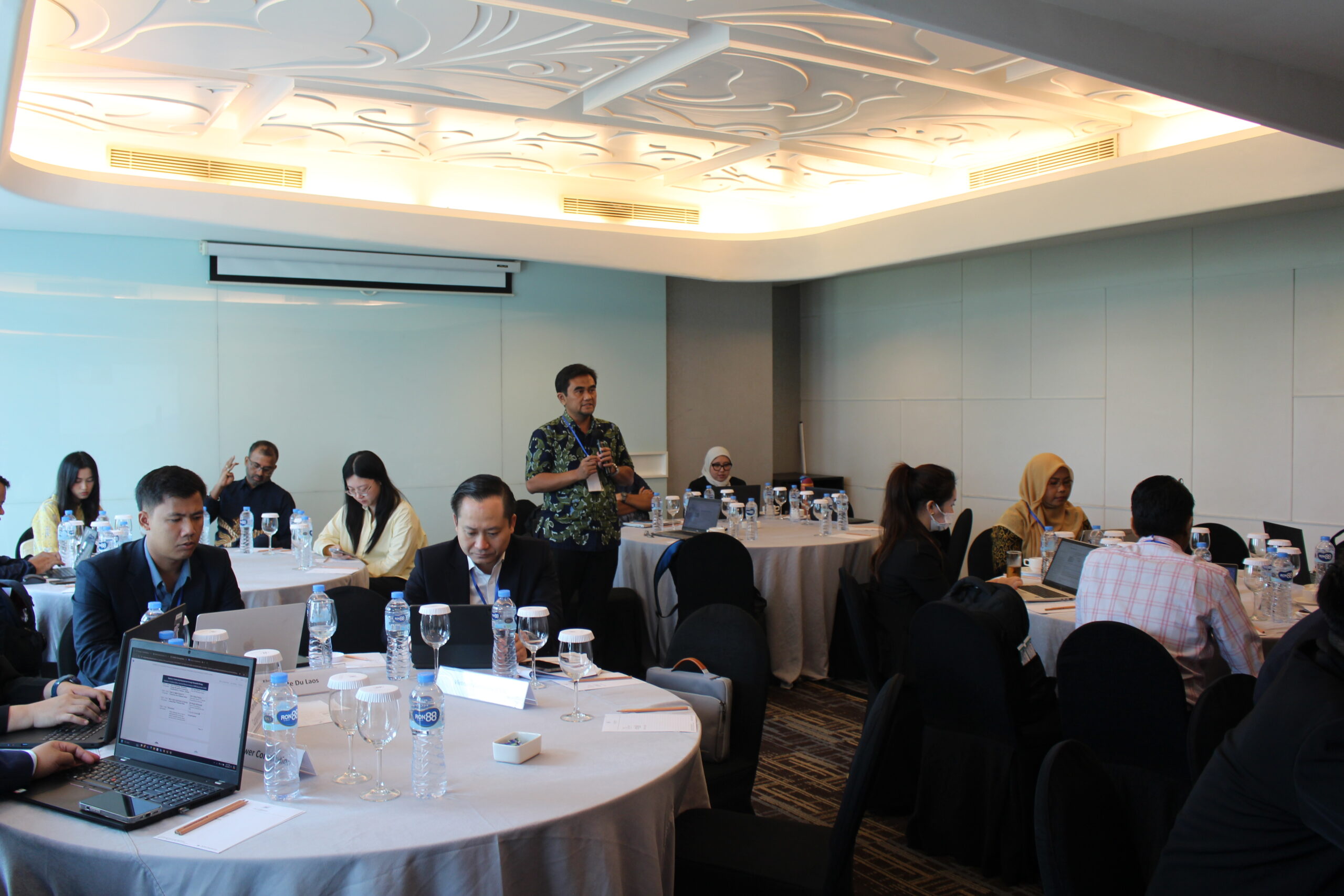
Photo 4. Participants on Day 2 of the seminar during the Q&A session
Day two of the seminar commenced with a launching for the ASEAN Renewable Energy Project Awards 2023 Best Practices, emceed by Veronica Ayu Pangestika, Associate Research Analyst of SRE at ACE. A comprehensive introduction to the project awards was delivered by Dynta Trishana Munardy, Senior Officer of APAEC at ACE, to kick off the event.
The first session was a commentary panel that was moderated by Zahrah Zafira. The panel featured Ira Ayuthia Herdiani from MEMR, Indonesia, Dr Zawani Binti Zainuddin from PETRA, Malaysia, and Rungrawee Yingyuad from DEDE, Thailand, who joined virtually. The commentary delivered offered valuable recommendations for the future of the ASEAN Renewable Energy (RE) Project Awards, focusing on project scope, community engagement, and more.
The second session featured presentations from the three winners of the ASEAN RE Project Awards 2023 who shared their innovative and successful projects. Tanai Potisat, Founder of Koh Jik ReCharge Project, introduced “Koh Jik ReCharge: Renewable Energy Microgrid for Community Sustainability in Thailand”. Ari Bimo Prakoso, Executive Director of Yayasan Energi Bersih Indonesia, delivered a presentation on the “Solar Ice Maker System for Productive Use in Maratua Island”. Lastly, Shamsir Shamsudin, Head of Technology & Innovation of Ranhill SAJ Sdn Bhd, introduced “Micro Hydro Application at Gunung Ledang Water Treatment Plant”.
Moving onto the last session of day two, three additional winners highlighted their cutting-edge technologies designed to reduce greenhouse gas emissions. Nazrul Very Andhi, Senior Manager of PLN Indonesia Power Mrica PGU, introduced “Gunung Wugul’s Mini Hydro Electric Power Plant’s Project Digital Automation to Reducing Greenhouse Gas Emissions”. K R Raghunanth, CEO of PT KIS Green Technology Projects, discussed the “Methane Recovery & Avoidance for Industrial Wastewater Treatment Project”. Lastly, Raditya Pramudiantoro, Climate and Conservation Senior Manager of Danone Indonesia, presented on “Biomass-Rice Husk Fuel Switching from Natural Gas on Boiler Steam System at Sarihusada Milk Powder Factory”. Following their presentations, a discussion segment was conducted where the speakers addressed challenges, outlined strategies, and recommended best practices for effective greenhouse gas emission reduction projects.
The wrap up of the event was delivered by Veronica Ayu Pangestika, Associate Research Analyst of SRE at ACE, highlighting various insightful perspectives in this webinar that will aid in the development of renewable energy technologies in ASEAN moving forward.
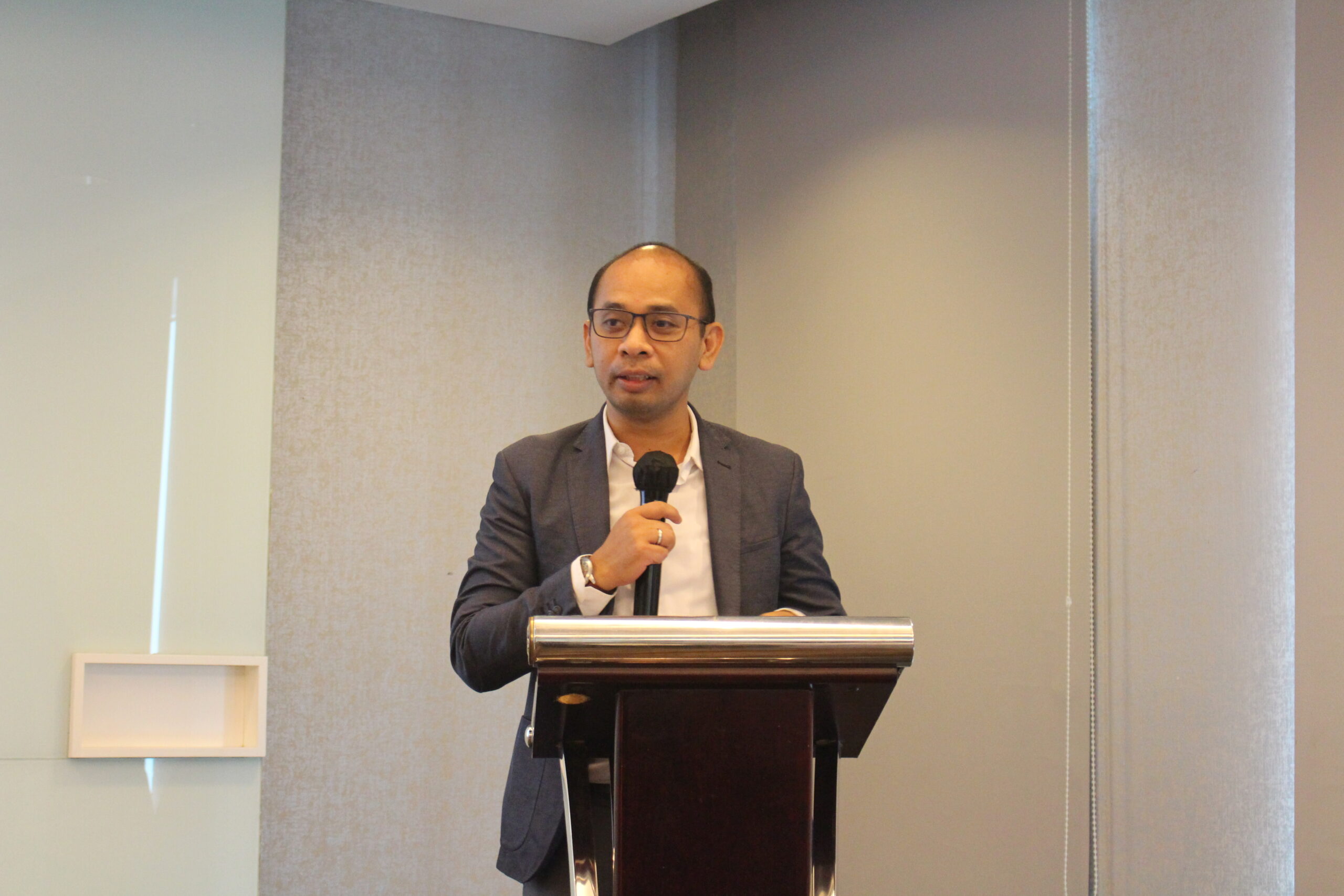
Photo 5. Beni Suryadi, Acting Executive Director of ACE, delivering his closing remarks
As an end to the seminar, Wang Xiaogang, Deputy Director, Nanjing Hydraulic Research Institute, delivered his closing remarks virtually and emphasised the importance of maintaining collaborations to advance renewable energy. Beni Suryadi, Acting Executive Director of ACE, also delivered his closing remarks, highlighting the importance of knowledge exchange to foster the advancement of renewable energy technologies.
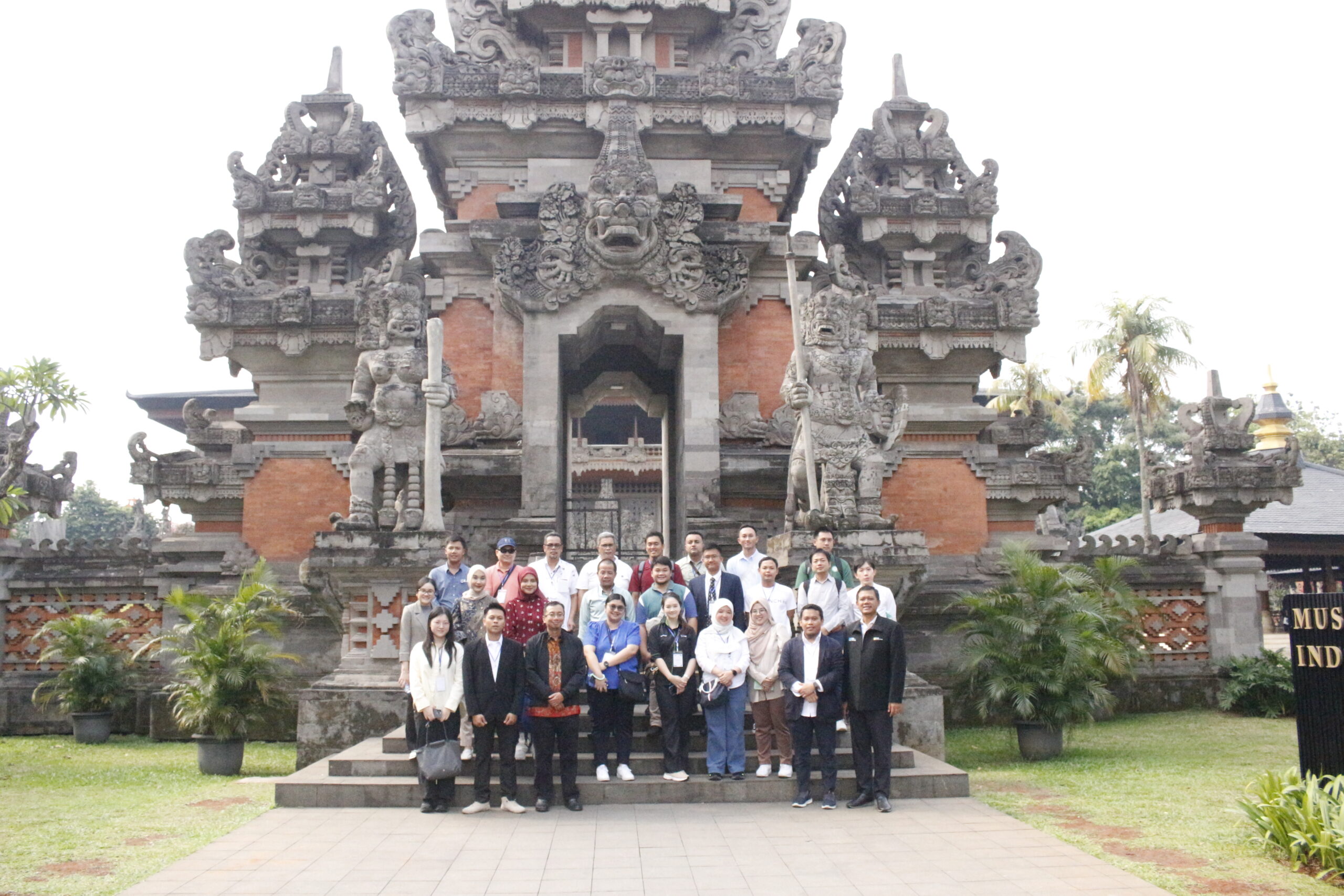
Photo 6. Participants during the City Tour at Taman Mini Indonesia Indah (TMII)
Following the seminar, participants embarked on a city tour to Taman Mini Indonesia Indah (TMII) for a deep dive into Indonesia’s cultural heritage. The city tour included visiting traditional Indonesian homes, a drive around the TMII complex, and a quick stop at the gift shop where various traditional and cultural souvenirs from Indonesia are sold.

Photo 7. AMS representative during the Q&A session
The last day of the seminar concluded with a site visit to the largest floating solar project in Southeast Asia, Cirata Floating Solar Farm in West Java, Indonesia. This visit provided participants with valuable insights into the operations and technological advancements of the floating solar farm.
A welcoming address was delivered by by Respati Adi Katmoyo, Outreach and Stakeholder Manager of PT Pembangkitan Jawa Bali Masdar Solar Energi (PMSE), who also served as the moderator for the event. Following his remarks, Hesti Aprilianti from PMSE, also extended a warm welcome to the AMS and representatives from the HRC.
Monika Merdekawati, Senior Research Analyst of SRE at ACE, offered a welcome on behalf of ACE, emphasising the significance of the site visit in the broader context of ASEAN’s renewable energy initiatives. Dong Dafu, Deputy Director General of HRC, highlighted the collaboration between HRC and ASEAN in promoting renewable energy technologies across the region.
Following that, Aris Widodo from PMSE, provided an in-depth overview of the Cirata Floating Solar Farm and covered key aspects such as plant operation, maintenance, and the project’s overarching goals, including its contribution to Indonesia’s target of achieving Net Zero emissions by 2060. Kirjono Mudiarto from PMSE, led the Q&A session, addressing questions on the solar farm’s technical challenges, operational strategies, and its contribution to Indonesia’s renewable energy objectives.
Participants then embarked on a site tour of the Cirata Floating Solar Farm. This tour provided a unique opportunity to witness the floating solar panels up close and gain insights into the operational aspects of the facility.
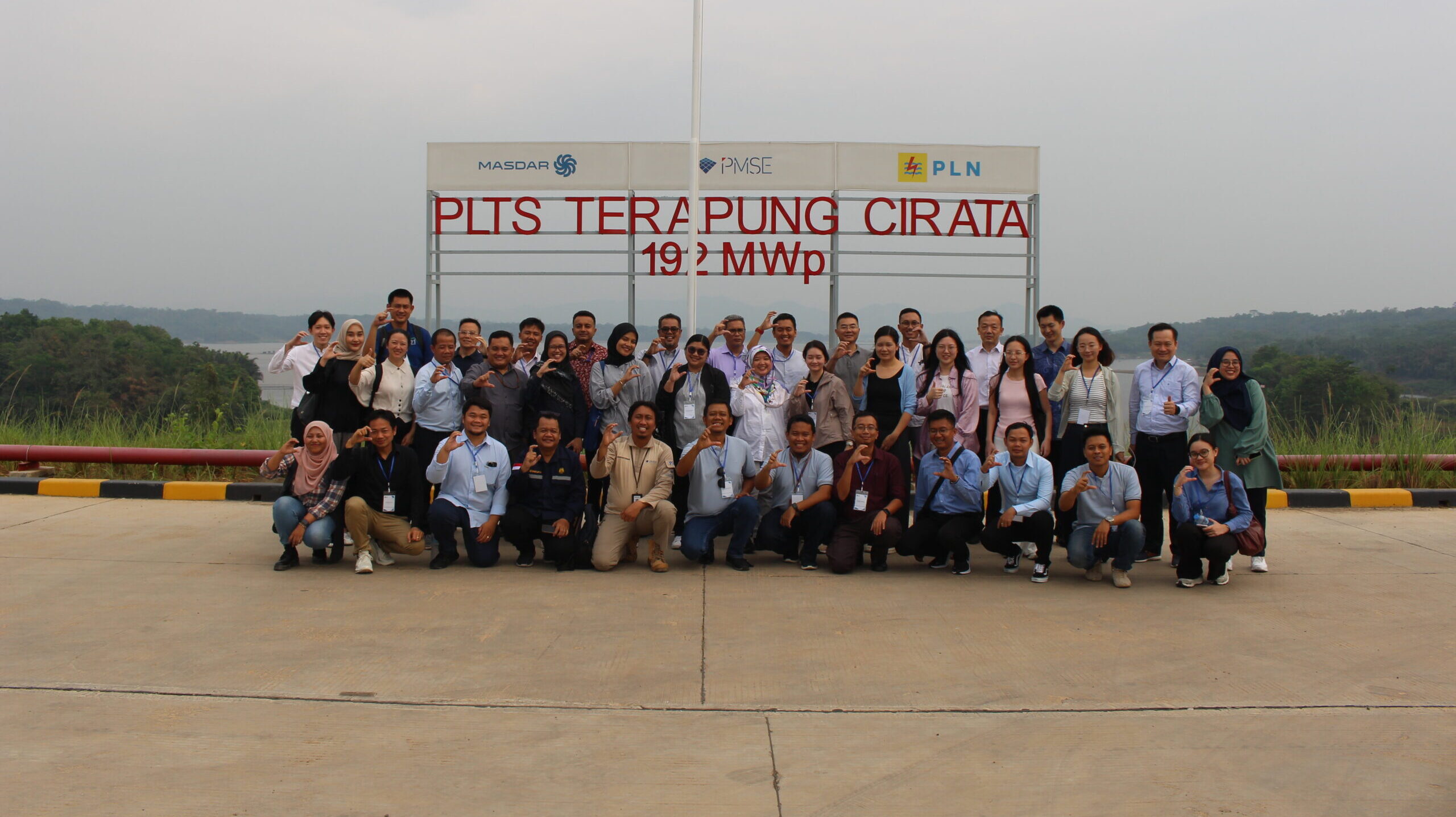
Photo 8. Participants during the Cirata Floating Solar PV Tour
This tour not only showcased the technological advancements and operational efficiency of the facility but also offered participants a unique perspective on how floating solar technology can be integrated into the region’s broader renewable energy landscape. The engagement and interest shown by the participants throughout the tour underscored the importance of such site visits in enhancing understanding and fostering collaboration in the renewable energy sector in ASEAN.
